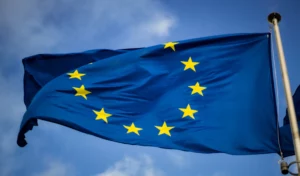
European Union: What Model in a Globalized World ?
The European Union is a leading global economy with a GDP of $16.4 trillion and strong trade and investment. It values human rights, democracy, EU’s economic and political impact.
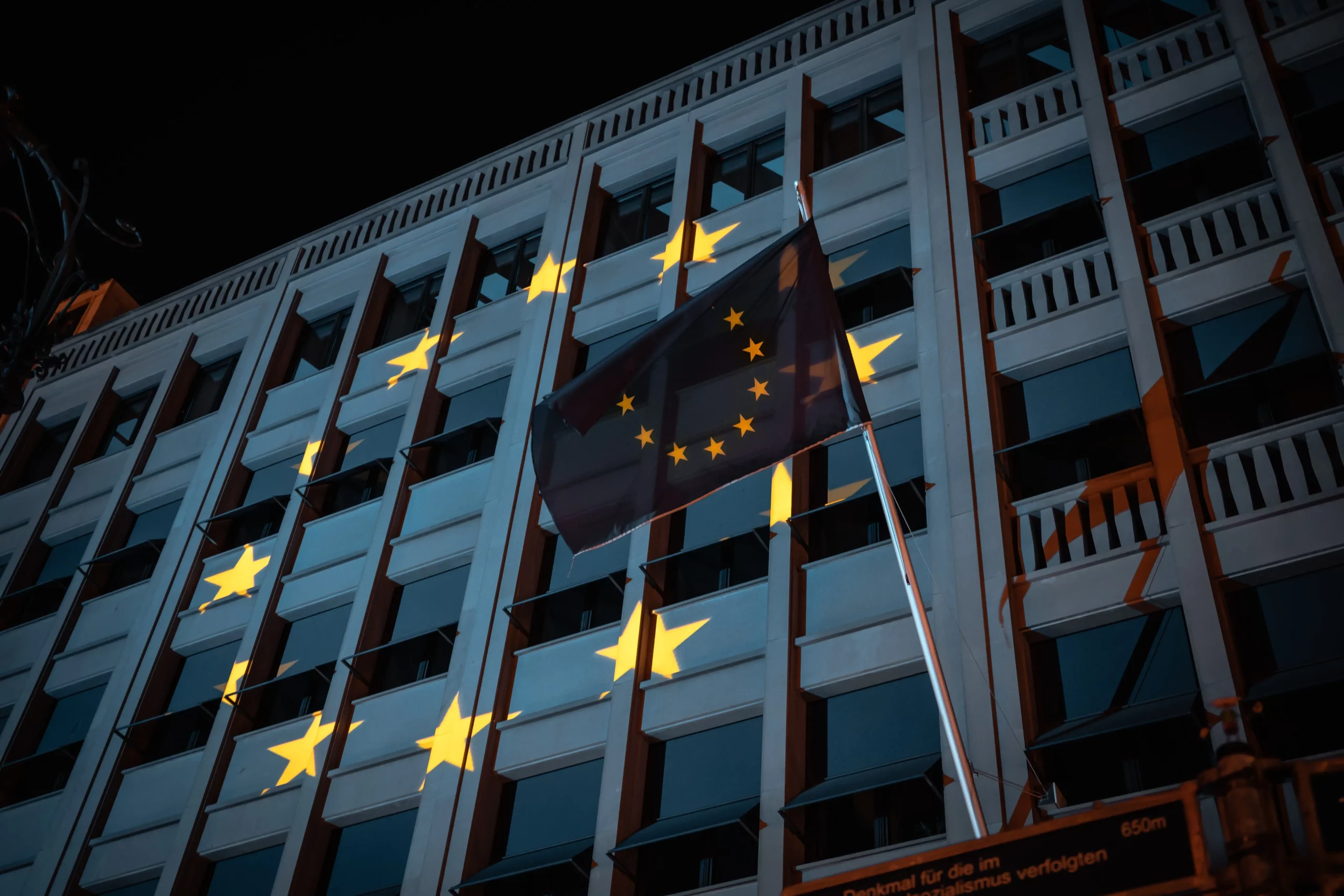
As we approach the year 2024, one question stands out in the realm of global affairs: what is the true extent of the European Union’s economic and civil power? While many acknowledge the EU’s influence, the full scope of its impact may still be underestimated or misunderstood.
Join us on an exploration of the European Union’s role on the world stage, delving into its economic strength and civil power. Discover how this influential entity shapes global trends, implements policies, and navigates its relationship with the United States. By the end, you’ll gain a deeper understanding of the European Union’s multifaceted impact and its ability to drive global change.
The European Union is a powerful force in both economic and civil realms.
The Economic strength of the EU lies in its robust GDP, trade relationships, and key industries.
The EU’s civil power is expressed through diplomatic efforts, human rights advocacy, and peacekeeping initiatives.
The European economic and civil power influences global trends, particularly in areas such as technology, sustainability, and social policies.
The EU plays a significant role in international organizations and decision-making processes.
In this section, we will explore the economic power of the European Union, focusing on its GDP, trade relations, and key industries that contribute to its strong position in the global economy.
The European Union boasts one of the largest GDPs in the world, solidifying its status as a major economic powerhouse. In 2024, the EU’s GDP reached an impressive $19.67 trillion, cementing its position as the second-largest economy globally.
For insights on the EU’s GDP and economic policies.
European Nations Power to compare the economic strength of EU countries.
The EU is a key player in global trade, with robust relationships with nations around the world. In 2024, the European Union accounted for approximately 16% of the world’s total exports, with a value exceeding $2.6 trillion. It maintains strong trade partnerships with countries such as the United States, China, and Japan.
The European Commission’s trade for detailed trade agreements and statistics.
Regions: Europe for a broader perspective on Europe’s trade dynamics.
The European Union is renowned for its diverse and thriving industries, which contribute significantly to its economic strength. Here are some key sectors that drive the EU’s economic growth:
Automotive: European automakers are globally respected, with brands such as BMW, Volkswagen, and Mercedes-Benz leading the industry in innovation and performance.
Manufacturing: The EU has a robust manufacturing sector, producing a wide range of goods, including machinery, pharmaceuticals, and aerospace products.
Financial Services: Europe’s financial sector plays a crucial role in the global economy, with cities like London, Frankfurt, and Paris serving as major financial hubs.
Tourism: The EU attracts millions of tourists each year, drawn by its rich history, cultural heritage, and stunning landscapes.
| Rank | Country | Value of Exports ($ billions) |
|---|---|---|
| 1 | United States | 437 |
| 2 | China | 345 |
| 3 | Switzerland | 230 |
| 4 | United Kingdom | 210 |
| 5 | Japan | 193 |
The table above showcases the EU’s top export markets in 2024, highlighting the significant trade volumes and economic impact the European Union has on these countries.
“The European Union’s economic strength is a testament to its robust GDP, thriving trade relations, and key industries. As a global economic powerhouse, the EU continues to drive growth, innovation, and prosperity.” – Economist
When examining the influence of the European Union, it is essential to understand the significant role it plays in civil power. The European Union’s commitment to diplomacy, human rights advocacy, and peacekeeping efforts allows it to wield significant influence on the global stage.
The EU engages in diplomatic initiatives worldwide, promoting dialogue and seeking peaceful conflict resolutions. Leveraging its economic strength and political leverage, it has become a key player in international negotiations and peace processes.
In addition to diplomacy, the EU is a staunch advocate for human rights, both within its member states and beyond. The European Union consistently champions the fundamental rights and freedoms of individuals, actively working to address human rights violations and promote equality and justice.
“The European Union has demonstrated its commitment to human rights by enacting legislation and implementing policies that protect the rights of its citizens and contribute to a global culture of respect and dignity.” – Antonio Guterres, United Nations Secretary-General
Furthermore, the European Union actively participates in peacekeeping efforts, supporting global security and stability. Through its collaboration with international organizations such as the United Nations, the EU provides resources, expertise, and personnel to help safeguard peace in conflict-affected regions.
As a collective entity, the European Union holds considerable sway in global decision-making processes. It is an influential member of international organizations such as the United Nations, NATO, and the World Trade Organization. The EU’s representation and active involvement in these institutions shape policies and regulations, ensuring its interests are considered in global affairs.
By harnessing its economic power in conjunction with its civil influence, the European Union showcases its ability to effect positive change and shape the world for the better.
Official European External Action Service on diplomacy and human rights advocacy.
Is Russia a European Country? to explore the EU’s diplomatic relationships and geopolitical stance.
In today’s interconnected world, the European Union (EU) plays a significant role in shaping global trends. Through its immense economic and civil power, the EU influences various areas, including technology, sustainability, and social policies. The EU’s efforts to drive positive change globally have a far-reaching impact, reinforcing its position as a leading force on the world stage.
Being the world’s largest single market, the EU wields considerable economic power, shaping global trends in several ways:
Trade: The EU’s expansive network of trade agreements fosters economic integration and market access for member states. Its trade policies influence trading practices, market regulations, and global standards.
Investment: The EU’s economic strength attracts foreign direct investment, stimulating economic growth and shaping investment trends worldwide.
Innovation and Research: Europe’s commitment to research and development fosters innovation, driving technological advancements globally.
By leveraging its economic power, the EU sets milestones for other countries and regions, influencing business practices and market dynamics on a global scale.
The EU is at the forefront of promoting sustainability and implementing progressive social policies. Through its civil power, the EU influences global trends in areas such as:
Climate Action: The EU is a leader in combatting climate change, implementing ambitious policies, and driving international cooperation to reduce greenhouse gas emissions.
Environmental and Social Standards: The EU sets high regulatory standards, promoting practices that prioritize environmental protection, social justice, and human rights.
Social Welfare: The EU’s commitment to social welfare policies, such as access to healthcare, education, and social security, influences global efforts to ensure inclusive societies.
By actively shaping global trends in sustainability and social policies, the EU sets benchmarks for other nations, fostering a shared commitment to a more equitable and environmentally conscious future.
“The EU’s economic and civil power positions it as a key player in shaping global trends, particularly in technology, sustainability, and social policies.” – Jean-Claude Juncker, President of the European Commission
The European economic and civil power extends to the technological domain, contributing to global trends by:
Digital Transformation: The EU fosters innovation in digital technologies, playing a vital role in shaping the future of artificial intelligence, cybersecurity, and data protection.
Regulatory Frameworks: The EU sets standards and regulations for technology companies, influencing privacy practices, data governance, and ethical considerations.
Collaborative Partnerships: The EU promotes cross-border collaborations in research and development, driving breakthroughs in emerging technologies.
By championing technological advancements, the EU remains at the forefront of global trends, ensuring that technology benefits society while adhering to ethical and legal frameworks.
| Area | EU’s Influence |
|---|---|
| Trade | EU’s expansive network of trade agreements shape global trading practices and market dynamics. |
| Climate Action | EU’s commitment to combat climate change drives global efforts and influences environmental policies. |
| Technology | EU’s regulatory frameworks and collaborative partnerships drive technological advancements globally. |
In 2024, the European Union implemented a range of policies that demonstrated its economic and civil power on the global stage. These strategic initiatives focused on key areas such as trade, climate action, social welfare, and cultural exchange. Let’s explore some of the notable policies introduced by the European Union:
The European Union continued to prioritize trade relations and agreements with both its member states and international partners. In 2024, the EU implemented policies aimed at boosting exports, promoting fair trade practices, and enhancing economic cooperation with other regions. These initiatives strengthened the European Union’s position as a global economic powerhouse and fostered mutually beneficial relationships with trading partners around the world.
Recognizing the urgency of combating climate change, the European Union unveiled ambitious policies in 2024 to address environmental challenges. The EU focused on reducing greenhouse gas emissions, transitioning to renewable energy sources, and supporting sustainable development. By leading the way in climate action, the European Union extended its influence and demonstrated its commitment to a greener and more sustainable future.
The European Union’s commitment to social welfare was evident through the implementation of policies aimed at improving the well-being of its citizens. In 2024, the EU introduced initiatives to enhance social protection, healthcare systems, and education opportunities. These policies emphasized the European Union’s dedication to fostering inclusive societies and ensuring a high quality of life for its population.
Recognizing the importance of cultural diversity and intercultural dialogue, the European Union launched initiatives to promote cultural exchange in 2024. These programs aimed to facilitate the sharing of artistic expressions, heritage, and knowledge across borders. By nurturing cultural exchange, the EU reinforced its soft power and enhanced its global influence as a champion of cultural understanding and cooperation.
| Policies | Summary |
|---|---|
| Trade | Boosting exports, fair trade practices, and economic cooperation |
| Climate Action | Reducing greenhouse gas emissions, transitioning to renewable energy |
| Social Welfare | Enhancing social protection, healthcare, and education |
| Cultural Exchange | Promoting artistic expressions, heritage, and intercultural dialogue |
In 2024, the relationship between the European Union (EU) and the United States is one of immense importance and influence. The economic power of these two entities plays a crucial role in shaping global trade, policy, and diplomatic relations.
Trade agreements serve as a cornerstone of the EU-US relationship, facilitating the flow of goods, services, and investments between the two regions. The Transatlantic Trade and Investment Partnership (TTIP) enhances economic cooperation and aims to eliminate barriers to trade, opening up new opportunities for businesses on both sides of the Atlantic.
This economic partnership between the EU and the US not only benefits both regions but also has a significant impact on global trade. As two of the largest economies in the world, their collaboration sets the standard for international trade practices and regulations.
Trade Relations: The EU and the US have a robust trade relationship, with bilateral trade reaching billions of dollars annually.
Collaborative Efforts: The EU and the US work together on various sectors, including technology, research, and innovation.
Political Dynamics: The EU and the US engage in diplomatic dialogue and maintain frequent exchanges to address shared challenges and opportunities.
Beyond economic ties, the EU and the US cooperate in various civil aspects, such as human rights, environmental issues, and global security. Together, they strive to promote democratic values, peacekeeping efforts, and sustainable development worldwide.
The EU and the US share common interests and values, making it crucial for them to collaborate closely on international issues. Their joint efforts have a far-reaching impact, both economically and in civil domains.
Despite occasional disagreements, the European Union and the United States maintain a vital alliance for addressing global challenges and upholding shared values. Open dialogue, strategic partnerships, and continued collaboration enable them to shape the global landscape and drive positive change.
Throughout this article, we have explored the extensive impact of the European Union’s economic and civil power on global affairs in 2024. The EU’s position as a significant player in the international arena cannot be understated. Its economic power, characterized by a robust GDP and strong trade relations, has solidified its status as one of the world’s leading economies.
Moreover, the European Union’s civil power is equally impressive. Through its active engagement in diplomacy, human rights advocacy, and peacekeeping efforts, the EU has become a key player in shaping international policies and decision-making processes. The EU’s influence extends to international organizations, where it actively drives positive change and promotes global cooperation.
Looking ahead, the European Union faces both prospects and challenges. The EU’s economic and civil power is crucial in navigating the evolving global landscape. It plays a vital role in addressing emerging trends and shaping the future. Focusing on areas like technology, sustainability, and social policies, the EU aims to drive positive global change.
However, the European Union will also face challenges in maintaining its economic and civil power. As the world grows more interconnected, global competition and geopolitical dynamics evolve. The EU must adapt and respond effectively to these changes. By doing so, it can leverage its economic and civil power to promote stability, prosperity, and collaboration worldwide.

The European Union is a leading global economy with a GDP of $16.4 trillion and strong trade and investment. It values human rights, democracy, EU’s economic and political impact.
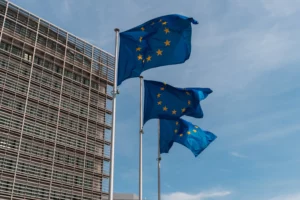
The European Union faces major challenges, including peace and defense, socio-spatial disparities, relations with the US, and EU’s efforts to address these challenges.

Delving into history, culture, and geopolitics, this article unravels the intricate relationship between Russia and Europe, addressing the perennial question, “Is Russia a Country in Europe?

The European Union must balance its interests with those of China as the rising power’s influence grows. Explore challenges and opportunities presented by China’s rise for Europe.
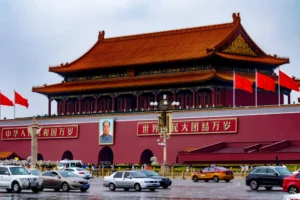
Navigating the crossroads of China-Europe relations: Discover the balance of cooperation, competition, and the path ahead in 2024.
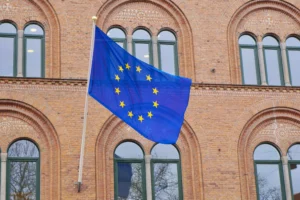
Explore the role of European diplomacy in shaping global governance and the challenges and opportunities it presents for Europe.
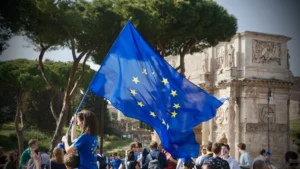
Unveil the impact of European Standards and Values in 2024, driving progress and unity across the continent through shared principles of democracy and equality.
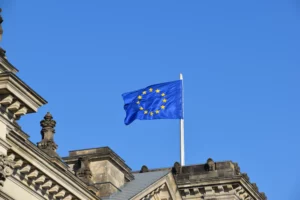
Explore the unique features and challenges of the European social and economic model, including its commitment to social protection, economic integration, and sustainable development.
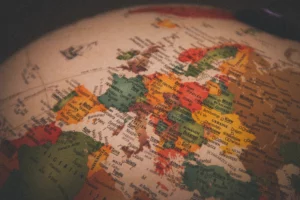
Delving into the dynamics of European nations’ power, this article offers a deep dive into their strategic responses to globalization, energy security, and evolving geopolitical landscapes.